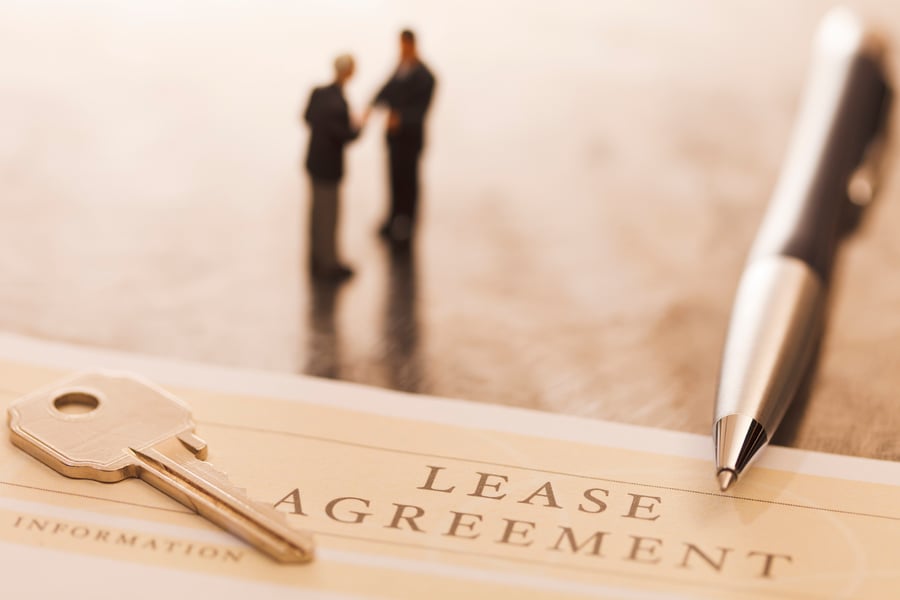The report,entitled ‘Ending the scandal Labour’s new deal for leaseholders’ promised radical changes “to end leasehold and ensure no leaseholder is left trapped against their will in this broken system”.

A Labour Party government would end the sale of private leasehold houses with immediateeffect, as well asthe sale of private leasehold flatswithinits first term in government, a Labour report has said.
The report,entitled ‘Ending the scandal Labour’s new deal for leaseholders’ promised radical changes “to end leasehold and ensure no leaseholder is left trapped against their will in this broken system”.
The report read: “Leaseholders have always been at a disadvantage in our housing system. The roots of leasehold ownership stretch back to the middle ages and though the law has changed since then, the same fundamental inequality remains at the heart of the modern leasehold system.
“At its most acute, this power imbalance means residents left trapped in contracts with unfair terms, unreasonable costs and unable to sell their properties, with big barriers in place for those leaseholders who try to act to achieve greater control or ownership over their homes.
“There is no good reason why the sale of leasehold houses should continue, especially as there are indications from developers and from transaction data are that these types of properties are now being phased out of new developments.
“Labour would act decisively to stop the sale of any further leasehold houses. ALabour government would end the sale of new commercial leasehold houses with direct effect.”
The report pointed to the success of other countries in abolishing leasehold model. Scotland removed this systemwith The Long Leases Act in 2012, which came into effect in 2015, transferring all properties held on long leases to outright ownership.
For flatowners, it said Labour believes the best alternative to the leasehold is a reformed ‘commonhold’ model, to give residents control over their homes and a basis to manage the building’s commons parts.
The report said Labour would make commonhold mandatory for developers, make it more flexible as it’s not available for some types of development likesharedownership, and would increase lender and public confidence in commonhold.
The report also said Labour would end ground rents for new leasehold homes, and cap ground rents for existing leaseholders at 0.1% of the property value, up to a maximum of £250 a year.
In addition, it said Labour would set a simple formula for leaseholders to buy the freehold to their home, or commonhold in the case of a flat, capped at 1% of the property value.
Beth Rudolf, director of delivery at the Conveyancing Association, added: “We are delighted to see that the Labour Party has published a robust set of proposals as this confirms that leasehold reform is a cross-party issue and one which will not go away.
“Positive measures announced in this paper include the proposed capping of ground rent to £250 and the abolition of forfeiture – both will prevent leaseholders from losing their homes to unscrupulous landlords.
“We hope that the reference to administration and permission fees in the report also means that we can ensure any fee paid to a lease administrator during the home moving process, or when a leaseholder wishes to change their property or the use of it, will be reasonable.
“We also support the proposals for leaseholders to buy their freehold or convert to commonhold at reasonable and set premiums which will do away with the current confusing valuation mechanisms such as ‘hope value, development value, marriage value, relatively and the graph of graphs’ which mean nothing to the general public and have no place in providing security of ownership in someone’s hard earned home.”
The report said Labour would crack down on unfair fees and contract terms by publishing a reference list of reasonable charges, requiring transparency on service charges and giving leaseholders a right to challenge rip-off fees and conditions or poor performance from service companies.
Furthermore, it said Labour would give residents greater powers over the management of their homes, by simplifying the Right to Manage and giving new rights to flatowners to form residents associations.



